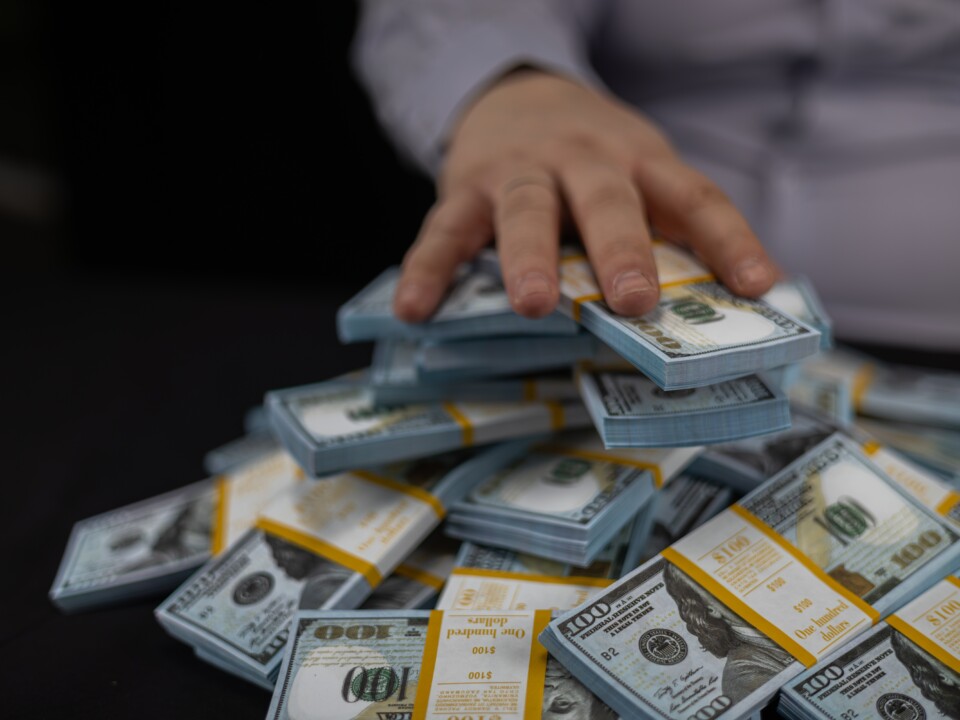5 Steps to Extinguish Internal Audit Career Burnout
September 25, 2017Ratings in Audit Reports: Lights or Lightning Rods?
October 9, 2017The world recently learned the Vatican’s former auditor general believes he was forced out of the post by an “old guard” at the Holy See. Libero Milone stepped down in June less than halfway through a five-year mandate to introduce more transparency into the finances of the Roman Catholic Church.
Just four months before his resignation, Milone spoke at The IIA’s 2017 Global Council in Rome, offering an intriguing glimpse into Pope Francis’ commitment to economic reforms. In his presentation, Milone described what would appear to be idyllic conditions to carry out his work as the Vatican’s first auditor general. He described the office as having full autonomy and independence in keeping with the “best international practices” for public administration.
In particular the Office of Auditor General would:
- Implement administrative and accounting reviews.
- Handle specific audits as deemed necessary by his office or when requested by the Vatican’s Council for the Economy.
- Receive and investigate anomaly reports.
- Propose adoption of suitable actions to the competent authorities.
However, as of this week, it appears the Vatican’s noble internal audit experiment has ended in finger pointing and recrimination.
Milone, a former Deloitte Italy CEO, told Reuters, The Wall Street Journal, and Italian media he was forced to resign after discovering evidence of possible illegal activities.
A statement released by the Vatican counters Milone’s remarks, saying he overstepped his authority when he brought in an external firm to “carry out investigative activities on the private lives of representatives of the Holy See.” These actions “irreparably crippled the trust placed in Mr. Milone,” according to the statement, which added Milone, “freely agreed to resign.”
The world may never know exactly what occurred at the Vatican — there is a nondisclosure agreement in place. I have been at this long enough not to take sides without having all of the facts. However, even without having all the details, we can extract valuable lessons from this episode.
Assuming Milone’s version of events is accurate, we have an example of an internal auditor who did not succumb to pressure and exerted his independence to do his job. He also took actions to uncover what he believed was inappropriate activity. Milone put his job on the line to do the right thing. He only is speaking out now, he said, to protect his reputation and professionalism.
“I could no longer afford a small powerful group to expose my person for their shady games,” Milone related, according to an article in the National Catholic Register.
This addresses another important issue. While The IIA’s Code of Ethics is clear about keeping confidentiality — internal auditors, “shall be prudent in the use and protection of information acquired in the course of their duties” — I have written in the past this does not mean keeping silent while sacrificing one’s professional reputation. In some circumstances, it may even be appropriate for practitioners to seek legal remedies to clear their names.
The Code is also quite clear about an internal auditor’s obligations to do his or her job with integrity, which includes specific references to disclosing illegal activities. An internal auditor, “shall perform their work with honesty, diligence, and responsibility; shall observe the law and make disclosures expected by the law and the profession; shall not knowingly be a party to any illegal activity, or engage in acts that are discreditable to the profession of internal auditing or to the organization.”
If the Vatican’s version of events is accurate, this too raises questions best addressed by the Code of Ethics. The Code’s admonition to perform work with “honesty, diligence, and responsibility” applies to operating within the bounds of the law. Independence and objectivity are crucial to internal auditors and their ability to unearth the facts. However, we cannot take a “no-holds-barred” approach. In other words, we cannot justify illegal or unethical actions simply by claiming we are trying to get to the truth.
Fortunately, internal audit practitioners around the world have valuable resources, such as the Code of Ethics, International Standards for the Professional Practice of Internal Auditing, and IIA Implementation Guides and Supplemental Guidance to turn to when faced with conflicts, obstructions, and pressure.
As for the future of internal auditing at the Vatican, I would strongly urge Pope Francis to name a new Auditor General as swiftly as possible. Noble experiments should never end in finger pointing.
Welcome New Blogger Jim Pelletier
I would also like to take the opportunity this week to welcome Jim Pelletier to Internal Auditor magazine’s online blog lineup. Jim is The IIA’s vice president of professional and stakeholder relations, and his regular blog series will focus on innovation.




I welcome your comments via LinkedIn or Twitter (@rfchambers).